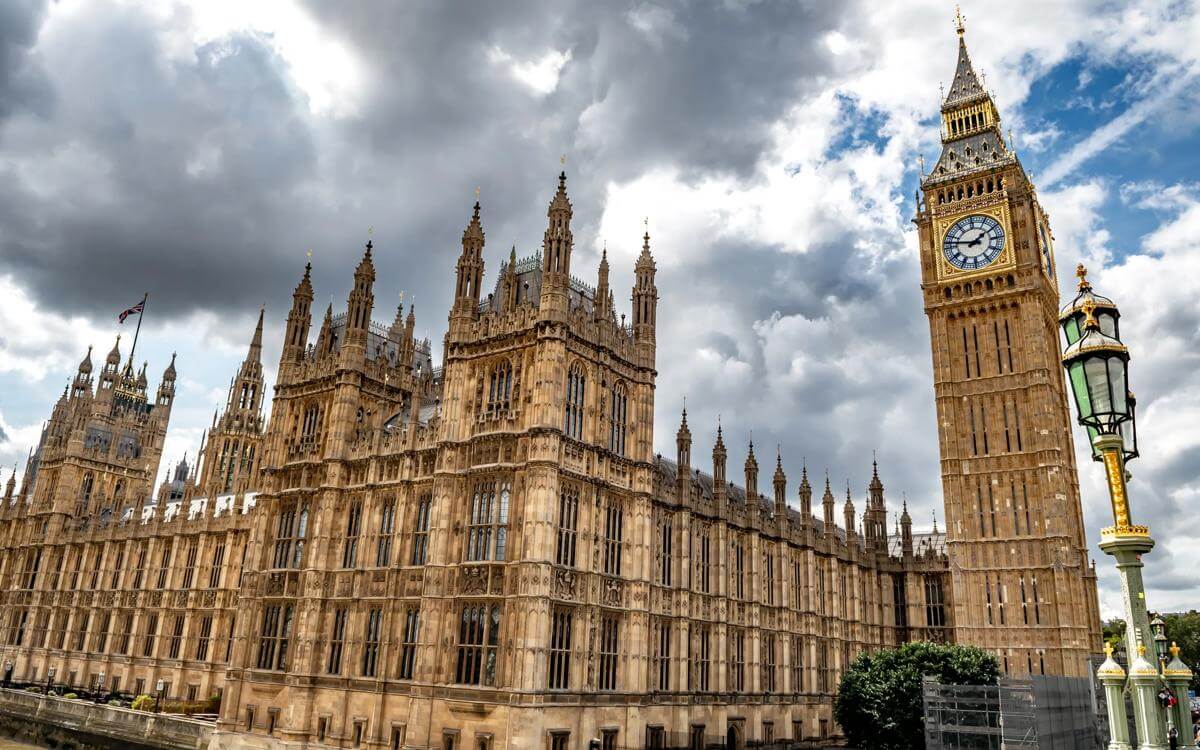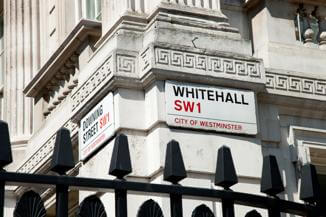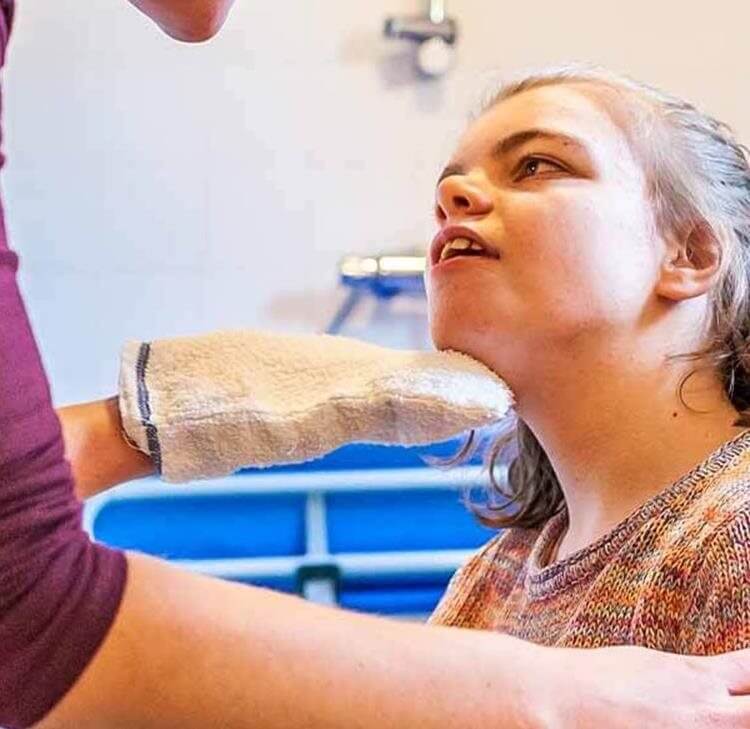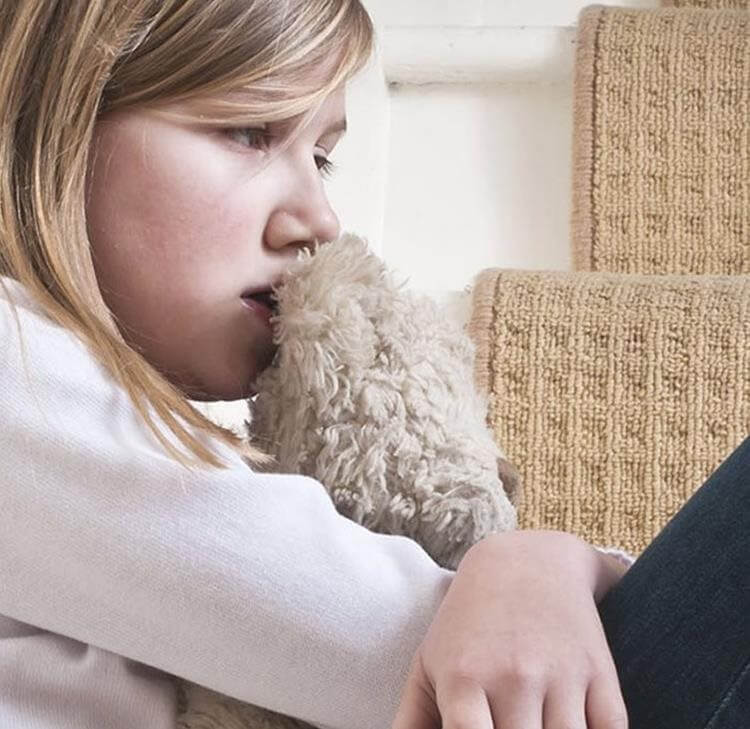
Children's services
Challenges for organisations working with children are growing rapidly. Baby P and subsequent cases such as Daniel Pelka and Star Hobson have shone a bright light on safeguarding children generally, as well as leading to unprecedented levels of care applications and continuing structural reform. Our specialists understand the blurring of demarcation lines and responsibilities between professionals in health, education and social care and the issues these bring. We offer pragmatic, inclusive, sensitive and specialist advice through alignment of your resources and specialists.
We have:
- a national reputation, with experience spanning education, health and social care;
- lawyers seconded to NHS Trusts, Local Authorities, private providers and national inspectorates;
- NHS Resolution panel members;
- an established client base, over 50 unitary or top-tier local authorities, over 50 NHS Trusts, national charities, insurers, national sporting bodies and independent health and social care providers; and
- a team of in-house barristers experienced in the family Courts.
We offer a full range of services spanning advisory matters on safeguarding and child protection, employment, public inquiries and investigations, contentious claims and court proceedings in the family and other courts.
We also have extensive experience in representing NHS bodies where it is necessary to intervene in care proceedings, including in cases of fabricated and induced illness matters, and to authorise a child’s deprivation of liberty. We’ve also been successful in seeking orders on behalf of an NHS Integrated Care Board via the Court’s inherent jurisdiction to seek passport surrender and port alerts to prevent a family taking their child out of the country.
Featured experience
Wigan BC v Y
Wigan BC v Y (Refusal to Authorise Deprivation of Liberty) [2021] EWHC 1982 (Fam) (14 July 2021) concerning the deprivation of liberty of a 12 year old child with mental health issues.
RL v Nottinghamshire CC & Anor
Representing the Trust in a parent’s application to reopen a finding of fact in relation to a fracture of a baby RL v Nottinghamshire CC & Anor (Rev1) [2022] EWFC 13 (08 March 2022).
Key contacts

Gerard Hanratty
Partner

Mark Barnett
Partner








































